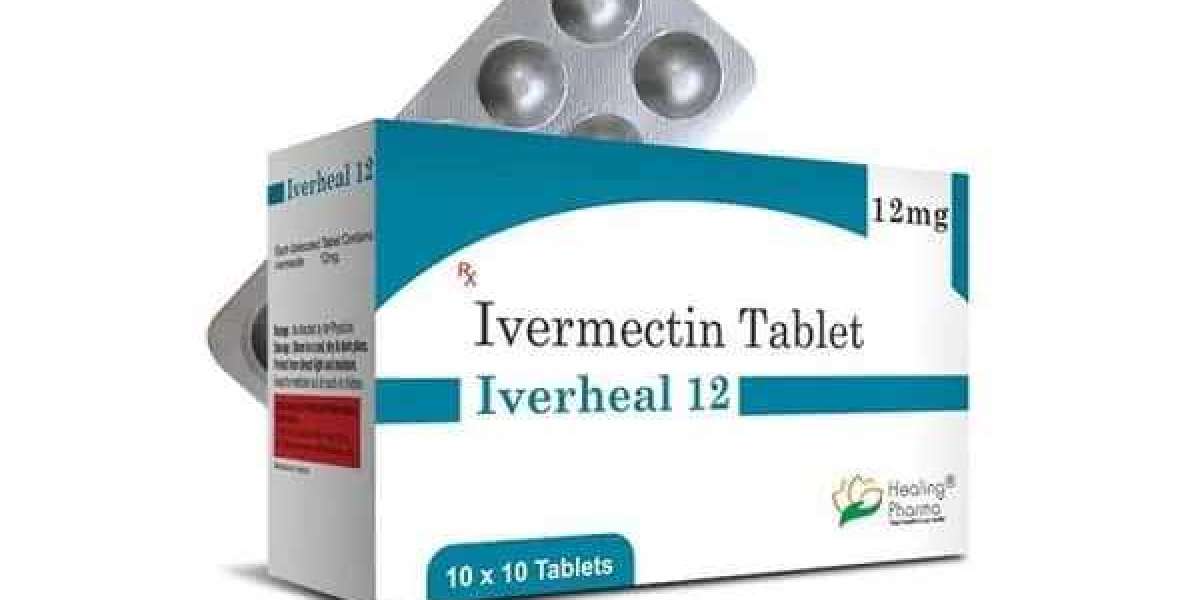Introduction
Victims of violent crimes often endure not only physical harm but also profound psychological trauma. The Criminal Injuries Compensation Authority (CICA) in the UK provides a pathway for such individuals to seek compensation for their psychological injuries. This guide offers an in-depth exploration of the CICA compensation process for psychological injuries, ensuring you are well-informed to navigate your claim effectively.
Understanding Psychological Injuries Eligible for CICA Compensation
Psychological injuries refer to mental health conditions arising from traumatic events, significantly impairing an individual's daily functioning. Eligible conditions under the CICA scheme include:
- Post-Traumatic Stress Disorder (PTSD): Severe anxiety disorder following exposure to traumatic events.
- Depression: Persistent feelings of sadness and loss of interest affecting daily activities.
- Anxiety Disorders: Excessive worry or fear interfering with daily life.
To qualify for compensation, the psychological injury must:
- Be a direct result of a violent crime.
- Be diagnosed by a clinical psychologist or psychiatrist.
- Have a substantial adverse effect on daily activities.
Criteria for Claiming CICA Compensation for Psychological Injuries
To pursue a claim for CICA compensation for psychological injuries, the following criteria must be met:
- Incident Reporting: The crime must be reported to the police promptly. Delays can adversely affect the claim's validity.
- Medical Diagnosis: A formal diagnosis from a clinical psychologist or psychiatrist is mandatory. The CICA requires evidence that psychological injury has significantly impaired daily life.
- Claim Submission Timeline: Claims should be submitted within two years from the date of the incident. Exceptions may apply, particularly in cases involving historical abuse where the victim was unable to report earlier.
- Victim's Conduct and Criminal Record: The claimant's behavior before, during, and after the incident, along with their criminal record, can influence the claim's outcome. Engaging in criminal activities or provoking the incident may lead to claim denial.
Compensation Tariffs for Psychological Injuries
The CICA employs a tariff system to determine compensation amounts for psychological injuries. As of April 2021, the compensation rates are:
- Temporary Mental Anxiety: Excluded from compensation.
- Disabling Mental Injury:
- Lasting 6 to 28 weeks: £1,000
- Lasting 28 weeks to 2 years: £2,400
- Lasting 2 to 5 years: £6,200
- Lasting more than 5 years (not permanent): £13,500
- Permanent Mental Injury:
- Moderately disabling: £19,000
- Seriously disabling: £27,000
These figures are subject to periodic updates; consulting the latest CICA guidelines or a legal professional is advisable for current information.
Additional Compensation Elements
Beyond the standard tariffs, claimants may be eligible for additional compensation, including:
- Loss of Earnings: Applicable if the claimant is unable to work for more than 28 weeks due to psychological injuries.
- Special Expenses: Covers costs directly resulting from the injury, such as medical treatment expenses not available through the National Health Service (NHS).
- Bereavement Payments: In cases where a loved one's death resulted from a violent crime, compensation may be available for bereavement and dependency.
Steps to File a CICA Compensation Claim for Psychological Injuries
- Report the Crime: Ensure the incident is reported to the police as soon as possible to obtain a crime reference number.
- Seek Medical Attention: Obtain a diagnosis from a qualified clinical psychologist or psychiatrist, documenting the psychological injury and its impact on daily life.
- Gather Supporting Evidence: Collect all relevant documentation, including medical reports, police reports, and any other evidence substantiating the claim.
- Complete the Application: Submit the CICA application form accurately, providing all necessary details and supporting documents.
- Await Assessment: The CICA will evaluate the claim, which may involve further inquiries or assessments.
- Receive Decision: Once the assessment is complete, the CICA will issue a decision detailing the compensation awarded or reasons for denial.
Conclusion
Navigating the process of compensation claims for CICA psychological injury requires a thorough understanding of the eligibility criteria, compensation tariffs, and procedural steps. By adhering to the guidelines outlined above and seeking professional legal assistance when necessary, claimants can enhance their prospects of securing the compensation they rightfully deserve.







